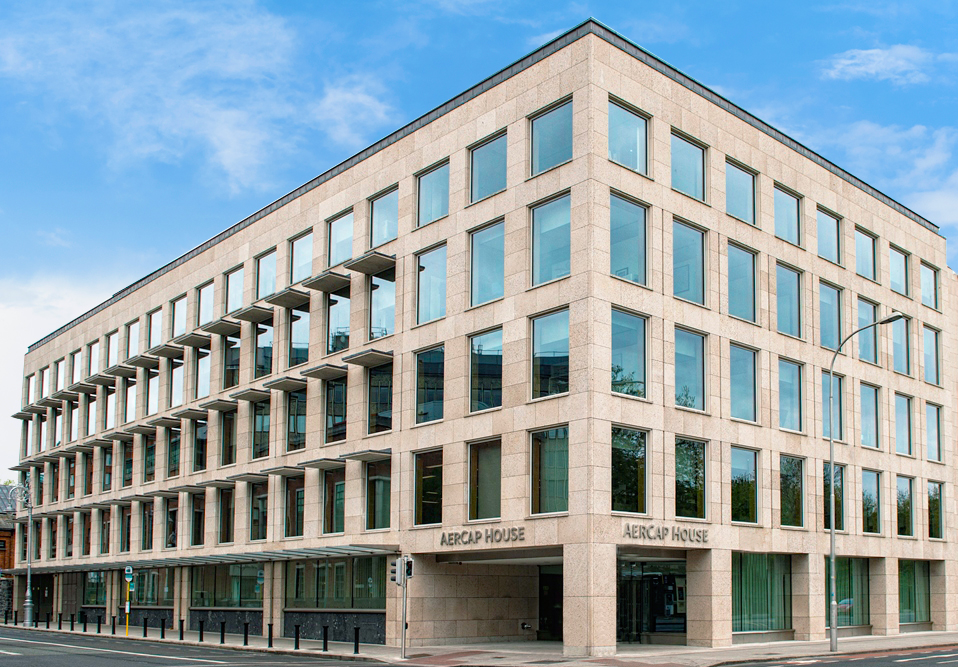In its seventh annual ESG report, AerCap generated a reduction of around 2.2% of grams of CO2 per seat in 2023 compared to 2022, the lessor revealed; building upon the foundation of its ongoing ESG strategy (first approved in December 2022). Its ESG ratings continued to maintain a “positive trajectory”, explained ESG committee chair Stacey Cartwright, with MSCI upgrading AerCap to ‘AA’ or ‘leader’ level in September 2023. Morningstar Sustainalytics also upgraded the lessor to ‘low risk’ in April 2024.
“The activity that currently contributes most to decarbonization is fleet renewal,” highlighted AerCap CEO Angus Kelly, describing that AerCap “continues to play a leading role by investing in the most fuel-efficient new technology aircraft”. By the end of 2023, around 70% of the lessor’s fleet consisted of new technology aircraft on lease to around 80 airlines, with the purchase of a further 80 fuel-efficient aircraft completed during the year: contributing to overall goal of having a 75% new technology fleet by 2024.
Alongside an order book consisting of 338 100% new technology assets, AerCap has also invested circa $50bn in new technology aircraft since 2014 (providing 20%-31% lower fuel burn savings). As a result of this investment, AerCap’s Scope 3 Emissions intensity has improved: generating a 15% reduction in grams of CO2 per seat/km across its fleet in the last decade.
Despite its total global Scope 3 Emissions rising 16% in 2023 compared to 2022, this was ‘primarily attributable to the resurgence of traffic in the APAC region post-Covid’. However, with 53% of AerCap’s lease revenue coming from airlines in emerging markets, “lessors like AerCap must play a key role” in helping airlines enable their transition to less polluting aircraft, commented Kelly.
Although AerCap owns rather than operating its assets, ‘as the global leader in aviation leasing, we feel a sense of responsibility to lead the industry towards a lower-carbon economy,’ explains Aercap, defining the best strategy to fulfil this aim as supporting its airline customers’ adoption of the most fuel-efficient aircraft available. Despite not having direct control over 99.9% of its emissions (Scope 3), ‘our decisions must take account of investor expectations and customer needs, whilst simultaneously ensuring the best use of capital deployed,’ it highlights.
All aircraft in AerCap’s fleet are 50% SAF compatible, with the company the only aircraft lessor with membership of the European Commission’s Renewable and Low-Carbon Fuels Vlaue Chain Industrial Alliance (RLCFA) and the European Commission’s Alliance for Zero-Aviation Aircraft (AZEA).
During 2023, AerCap also contributed to reducing greenhouse gas emissions by purchasing carbon credits equivalent to around 80%o of its unavoidable direct and indirect emissions for the year 2022, equating to around 3,500 tonnes of CO2. AerCap’s ESG board committee also continues to monitor the company’s preparatory work to ‘help ensure a smooth transition’ to fulfil future climate-aligned disclosure regulatory requirements, with its first EU Corporate Sustainability Reporting Directive disclosure due in 2026 for the year 2025.

